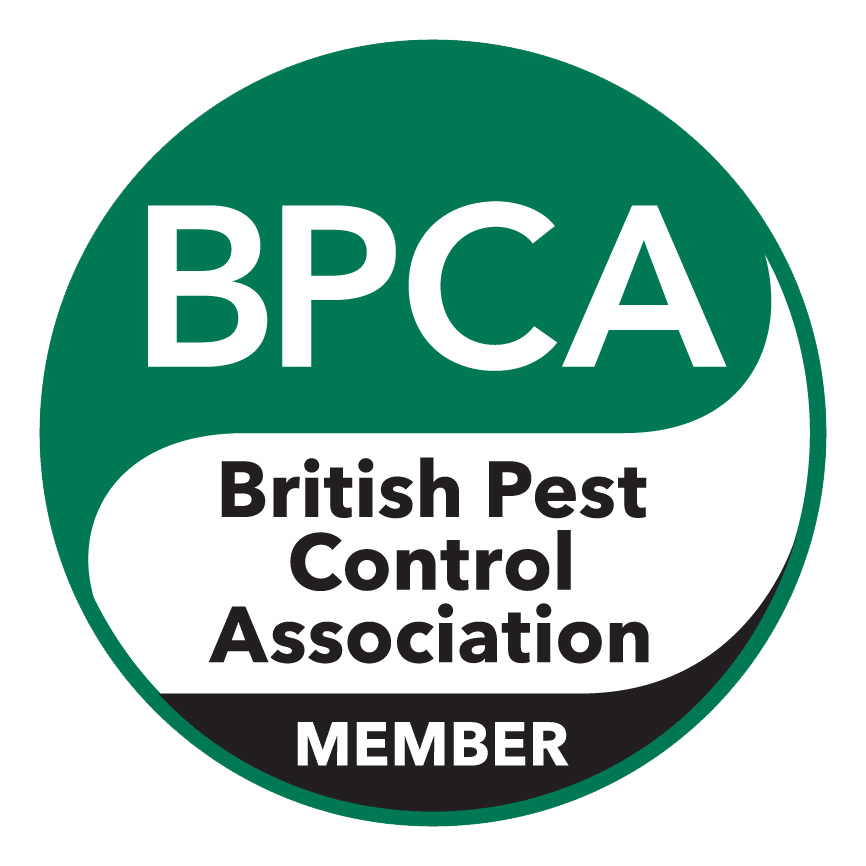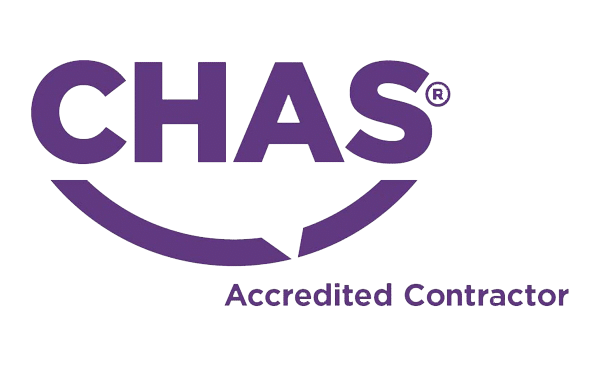
Cockroaches are one of the most resilient insects around. The rumour that they can survive nuclear radiation is not actually true, but do not let this fool you as they’re one the toughest and also unhygienic insects around. They’re known to carry pathogenic bacteria and can heavily infest buildings which can be very unpleasant for those involved. They can also be extremely damaging to the reputation of restaurants and food production sites if an outbreak occurs. Mercury Pest Control has a significant amount of experience in dealings with all types of commercial cockroach treatments from German Cockroach treatments for blocks of flats in London and residential houses in the suburbs. We also have a wide range of knowledge and control methods in tackling Oriental Cockroach treatments and surveys in London and central London where infestations can be high due to surrounding conditions.
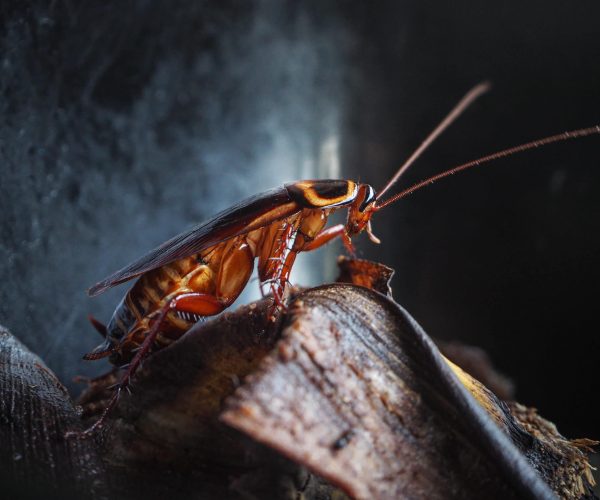
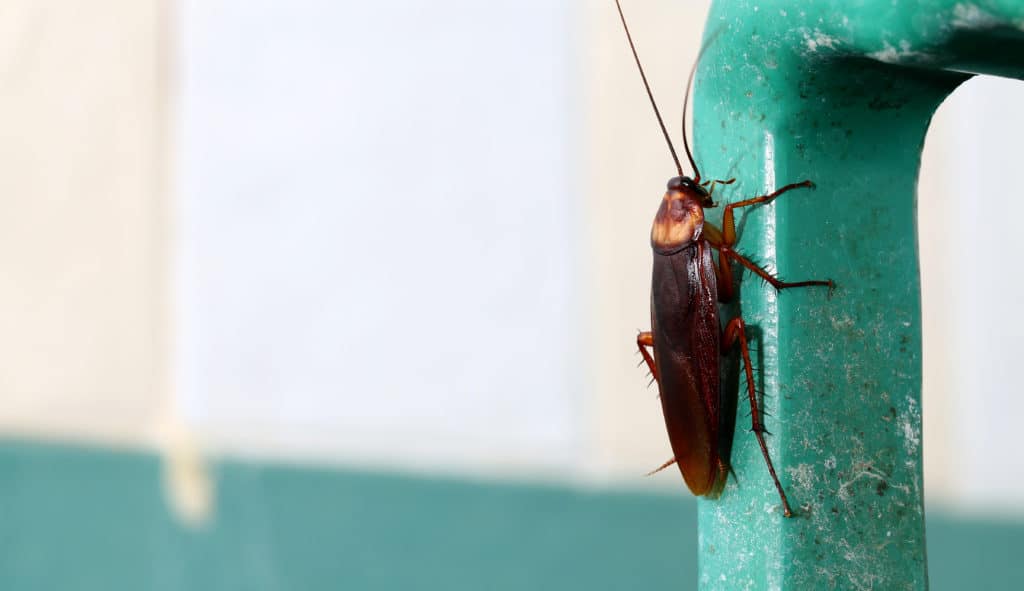
Oriental Cockroach
Facts:
Name: Oriental Cockroach, (Blatta orientalis)
Distribution: Nocturnal, common throughout Britain, mainly living indoors in heated buildings but can also survive outside too. Very common in plant rooms and drainage systems of restaurants, hotels, hospitals, blocks of flats and large buildings throughout built up areas in central London.
Features: 17-30mm, Dark brown to black, shiny and flattened. Nymph’s can sometimes be mistaken for German Cockroaches.
Sustenance: Can feed on a wide range of food but also need water to survive hence seeking harborage in drainage systems.
Reproduction: Eggs – 5 ootheca (case) per female each holding around 16 eggs. Incubation between 6-12 weeks. Nymphs – 7-10 moults from 6 to 18 months to reach maturity. Adults – living up to 6 months.
Risk: Carry batteria and financial/reputation loss of business.
German Cockroach
Facts:
Name: German Cockroach, (Blattella Germanica)
Distribution: Nocturnal and common throughout the U.K mainly thriving in warm buildings. Will tend to harbour in plant rooms, fridges, washing machines, dishwashers and other kitchen appliances close to food and water.
Features: 12 – 15 mm, Yellow/brown, Long antennae and spiny legs.
Sustenance: Feed off a wide range of food and need access to open water.
Reproduction: Eggs – ootheca (case ) contain between 30-40 eggs. Carried for 2-4 weeks before hatching. Nymphs 5-7 moults and then take averagely about 3 months to reach adulthood. Adults – living for around 6 months.
Risk: Known to carry and spread various human disease organisms. Risk to food contamination, reputation of business and financial loss. Population can also grow rapidly and spread throughout a building if conditions are right and route cause is not addressed for a substantial period of time.
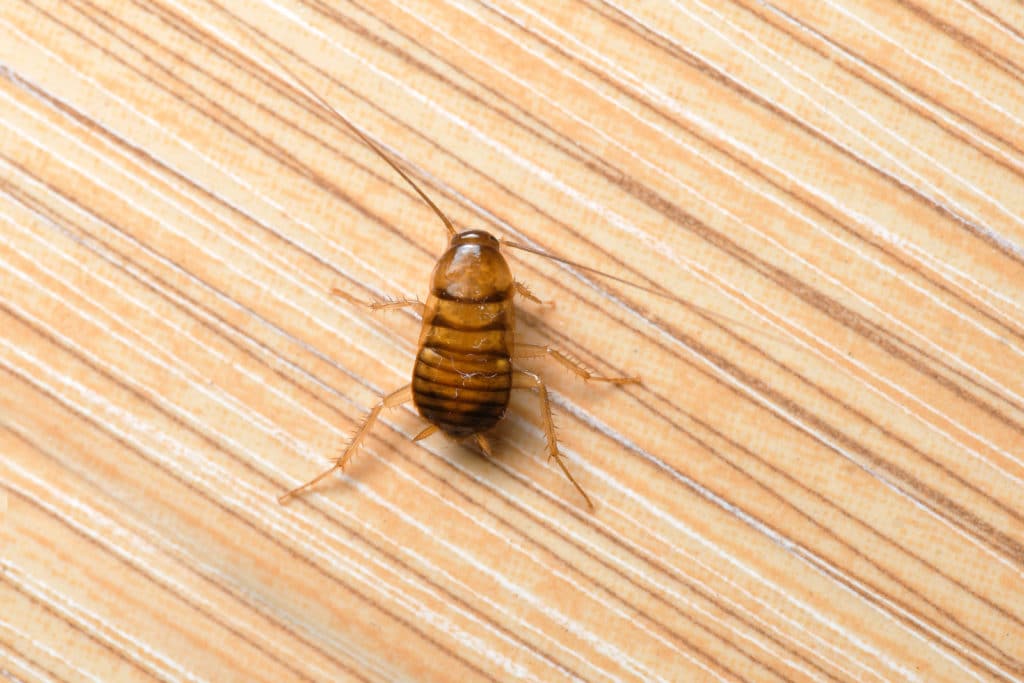
Cockroach Control For London homes:
Our Cockroach control treatments usually consist of a minimum three phase treatment with a 7-14 day interval depending on the level of infestation. This is carried out with the three phases of treatment approach listed below.
Identify: The technician will complete a full survey and risk assessment for your property to assess the level of infestation and recommendations for control.
Treat: Once the infestation has been identified and assessed and the area is secure – we will safely treat the property with COSHH regulated insecticide using residual and gel baiting
Monitor: We will closely monitor the treatment during and after. This is key to making sure all life cycles have been eradicated and the treatment plan is a proven success.

Cockroach Control Restaurants
Having a cockroach infestation in your London restaurant can be extremely damaging. Not only does this put the business reputation at risk but also the public with risk of food contamination. Having exceptional hygiene standards with a structured cleaning schedule and pest management contract in place, is key to monitoring and preventing an outbreak of cockroaches. Mercury Pest Control provides emergency cockroach night treatments and inspections to make sure if an infestation does occur, it is dealt with as discreetly and rapidly as possible.
Cockroach Control Flats
Oriental and German cockroaches can thrive in large buildings and are well known to infest blocks of flats in London. With many residents comes the risk of cockroach infestation due to poor hygiene and cockroaches being brought in through contaminated supplies. There is also risk of external influences with large blocks of flats typically in built up areas of central London. Mercury Pest Control provides systematic routine inspections for blocks of flats with in-depth monitoring of key areas such as refuse rooms, riser cupboards and plant rooms. Having this in place will help detect and then control an infestation before it spreads throughout a building causing distress and further costs to all those involved.

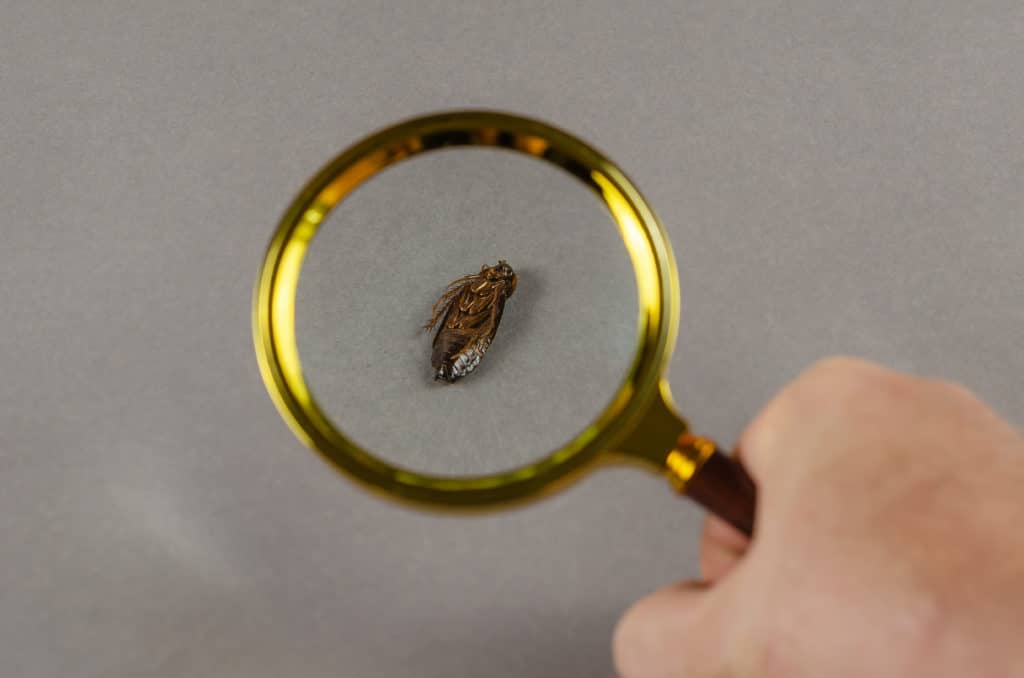
Top tips on preventing cockroaches
- Exceptional hygiene – making sure kitchen areas are regularly deep cleaned and spillages are cleaned up.
- Bin areas are kept in good order with regular jetting and disinfecting if feasible.
- Routine inspections for commercial sites where monitoring traps can be applied to detect activity.
- Pest awareness training for staff – especially in hospitality and food production sites.
- Good storage of foodstuffs and visual checks of the kitchen area pulling out appliances between routine pest inspections.
- Ensure your suppliers are compliant with food hygiene legislation.
- Repair leaks and damaged drainage pipes.
- Avoid second hand kitchen appliances if the source and status of the previous site is unknown.
- Regular jetting of the drainage system – this will help clear organic matter build up in the pipework which can attract Oriental Cockroaches.
- Repair damaged tiles and making sure kitchen areas are well sealed – allows more adequate cleaning and limits access for cockroaches to harbour and network around the site.
- Avoid staying at infested properties where activity is present.
Cockroach Removal London - Frequently Asked Questions
This will typically depend on the level of infestation and cockroach but on average an infestation should be fully treated in 3 – 4 weeks.
They can be brought in through contaminated supplies, drainage systems, staying in infested properties or from external influences such as neighbours and commercial sites.
Yes, they can carry and spread human disease organisms.



